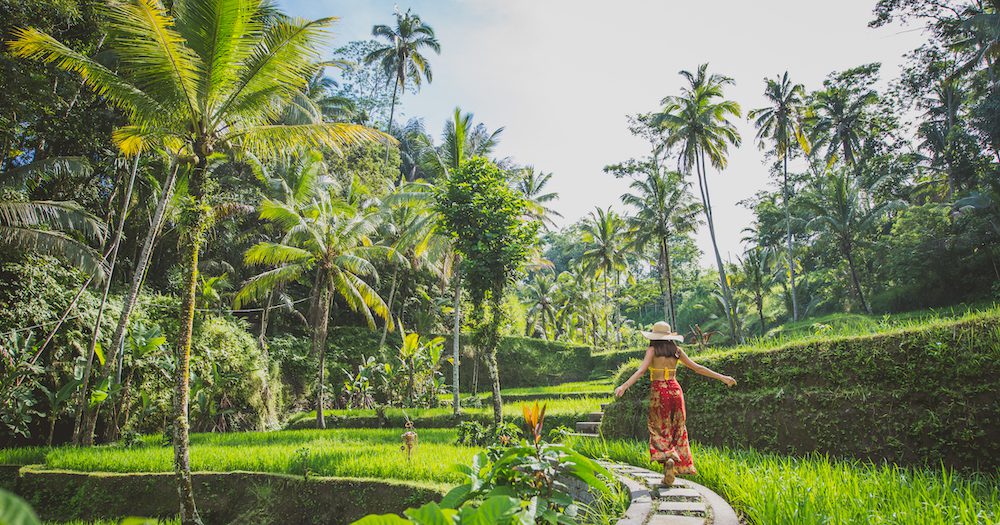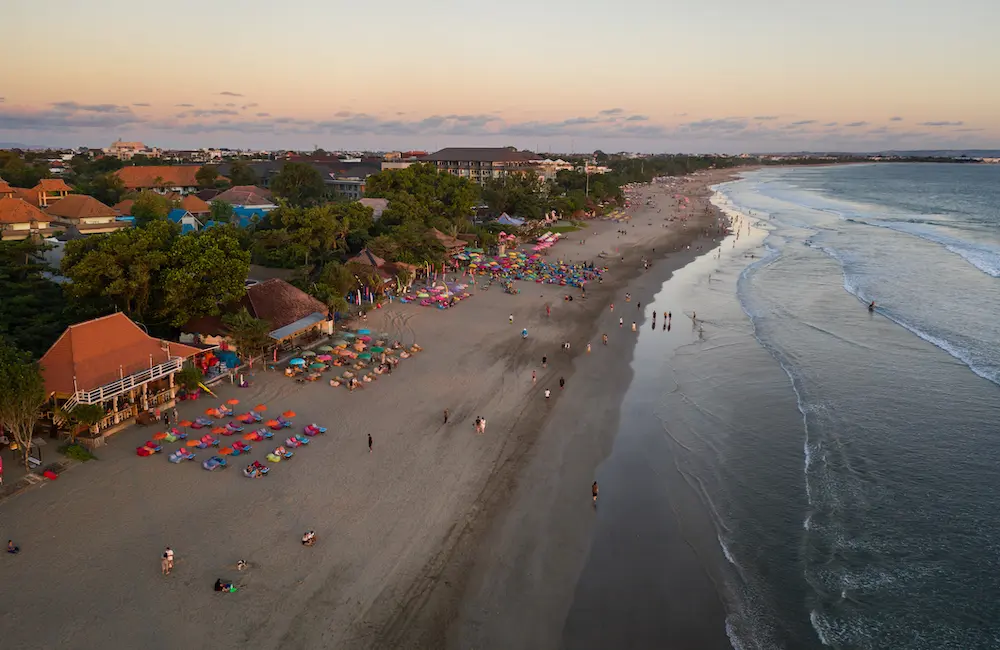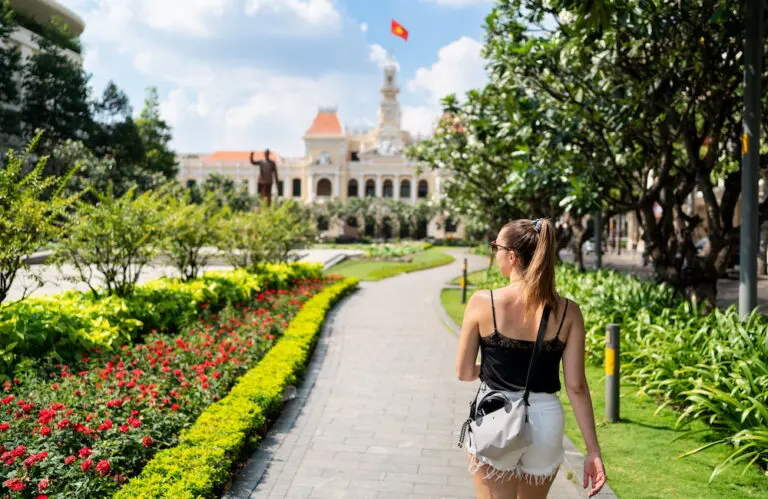Bali is experiencing a sharp rise in dengue fever cases, particularly in popular tourist regions like Badung Regency – home to Seminyak, Canggu and Uluwatu – and Gianyar Regency, which includes Ubud.
Most notably, Badung Regency saw a 100 per cent increase in reported dengue cases in 2024 compared to the previous year, with 2,405 cases recorded by health authorities.
Meanwhile, Gianyar Regency reported the highest number of overall cases, with 4,478 confirmed infections. North Bali’s Buleleng Regency recorded the third most cases, logging 1,947 incidences of Dengue. Potentially thousands of more mild infections also went unreported.

According to The Bali Sun, local officials, including the Regent of Badung, Nyoman Prasta, have pledged to intensify public health measures to curb the spread of the disease.
Efforts include increased mosquito fogging in high-risk areas and awareness campaigns highlighting the dangers of stagnant water, a breeding ground for disease-carrying mosquitoes.
The Badung Health Service has also acknowledged the severity of the outbreak and is ramping up prevention initiatives.
“We see that the rain this time is very different from last year. There are many floods and puddles everywhere,” said Dr Made Padma Puspita, Head of the Badung Health Service.
With dengue fever cases climbing, both locals and tourists have been urged to take preventive measures seriously to minimise the risk of infection.
Visitors have been advised to take precautions such as wearing insect repellent, covering exposed skin and using mosquito nets or mesh screens.

According to the Australian Department of Foreign Affairs and Trade (DFAT), “Dengue occurs throughout Indonesia, including Bali, Jakarta and other major cities and is common during the rainy season”.
“Australian health authorities have reported increased dengue infections in people returning from Bali in recent years,” it states on its Smartraveller website.
Before travelling, it advises Aussies “Consult your travel doctor for further information on available vaccines and their suitability for your individual circumstances”.
The World Health Organisation (WHO) recommends those infected with dengue fever stay hydrated, rest, and seek medical attention if symptoms worsen.
Visitors to Bali should also ensure they have comprehensive travel insurance, as medical costs, especially for prolonged hospitalisation, can be significant.
Last month, Bali Airport (I Gusti Ngurah Rai or Denpasar) introduced new health screening measures to prevent the spread of respiratory virus, Human Metapneumovirus (HMPV).







